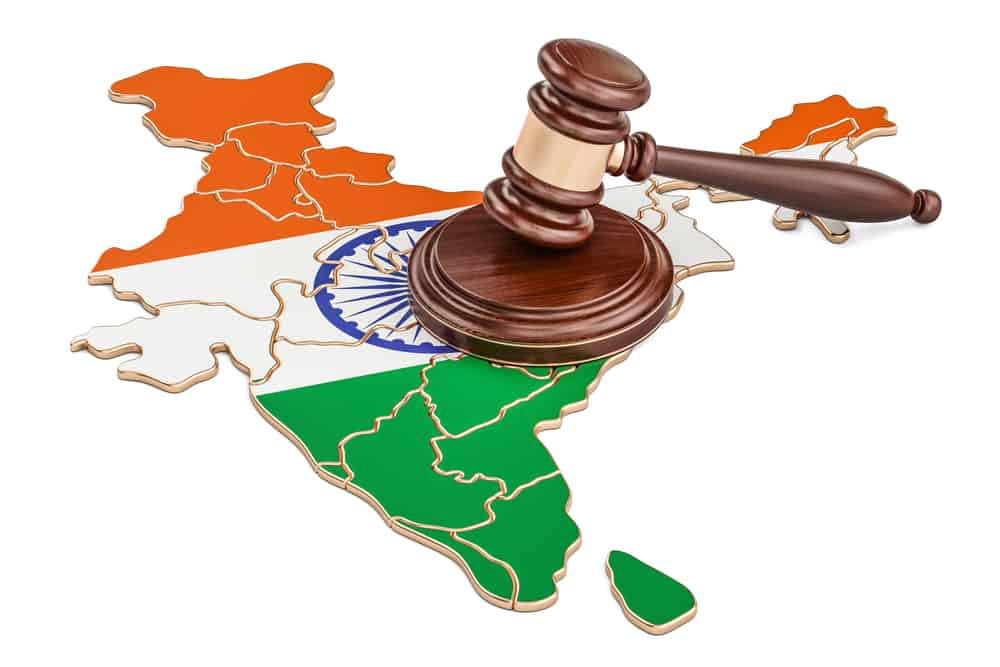Instability in Legalities: Will Pan-India Relax Regulations to Allow Gaming Start-Ups’ Operation?
The iGaming market in India has the potential to be the biggest in the world, there’s no doubt about that. The country is home to 1.4 billion people, mobile internet is very accessible and there’s more than enough IT sector talent to create all gaming products and services within the country itself.
Additionally, some gambling games like Teen Patti and Andar Bahar actually have roots tied to Indian traditions and festivals and are thus even socially accepted – depending on the setting. Basically, all the ingredients for a massively successful online gaming market are present in India – expect for the laws of the land.
The burgeoning iGaming market, which is being touted as the “sunrise industry”, roped in an income of $1.3 billion in 2021 and gave rise to several unicorn companies such as Dream11, MPL and Games 247 is now drowning in uncertainty. The reason for the uncertainty around the industry is singular – the regulations regarding online gaming seem to be very volatile and malleable at the moment.
In spite of the tax revenue potential and the thousands of jobs the market can create, many state governments have moved to make online gambling illegal. This list includes some of India’s leading (in terms of economic growth) states such as Karnataka, Kerala, Tamil Nadu, Andhra Pradesh, Telangana, amongst others.
The ideas for a ban first caused a lot of opposition and confusion in the industry, even though most high courts dismissed these notifications when they were moved.
While other jurisdictions intended to criminalize all real money gambling, Kerala wanted to outlaw playing rummy for stakes. Since users must wager real money in both fantasy sports competitions and casino games, the distinction between gambling and gaming usually gets murky.
Because state regulations around the subject seem to intermittently fluctuate, the complexity of legislation has been a drag on the whole gaming industry. Stakeholders in the industry are now requesting consistent regulations from the federal government as a means to an end to these regulatory hardships.
No doubt more lenient regulations will make way for start-ups to build a name for themselves in the jurisdiction – be they casino operators or affiliate companies. However, it’s still a far cry from already-established names such as IndiaCasinoClub, a household name for providers and players alike.
Game of Skill vs. Game of Chance
List-II of the Seventh Schedule of the Indian Constitution gives states the power to pass legislation regulating “sports” and “gambling and betting.” Even though different states have implemented different legislation for gambling and sports, the distinction between games of skill and games of chance hasn’t been painted very frequently.
Despite suggestions and court observations to exclude skill-based games from the concept of gambling, states routinely change existing laws or issue new regulations to limit any sort of online gaming since it might also take the form of betting.
For a very long time, people have argued about whether online gaming is a game of skill or chance. The other issue at hand is whether or not real money is used in the game. The third factor to take into account is whether or not the game includes betting on a potential future occurrence.
The provisions of the Gambling Act don’t apply to games of skill. The Act doesn’t, however, define what constitutes skill. Furthermore, the general public has the misconception that all forms of internet gaming are just gambling or betting. Industry experts claim that a precise definition of skill-based gaming and accepted criteria for separating it from games of chance are urgently needed.
When it comes to state governments, their views on online gaming legislation seem to change very rapidly and they suddenly take drastic measures to implement their new-found convictions. This undermines the hard work and carefully-implemented business strategies that gaming start-ups have put efforts into. Entrepreneurs, investors, partners, strategists, consultants and staff of gaming start-up companies are all adversely affected every time a state Government has a mood swing.
Are Pan India Laws the Solution?
The development of a gaming ecosystem that can endure under tolerable rules and regulation and has a uniform national regulatory framework has to be the right way ahead.
The sector expects a clear definition of online gaming that differentiates between skill-based and chance-based games, as well as taxes that’s based on platform costs rather than entrance fees. Long-term self-regulation by esports market players might help provide more clarity thanks to a hands-on understanding of the complexity among various businesses in the industry.
In the midst of all the turmoil, there have been some recent moves at the tier of the central government that provide the suffering industry some grounds for hope.
In June, an inter-ministerial committee was formed to oversee the country’s gaming industry. The panel will designate a central ministry to manage the Indian online gaming business and draught regulations for it. Even though the entire process may take some time, the sector believes it can rely on self-regulation prior to the implementation of any particular guidelines from the Indian government.
Content Produced by Indian Clicks, LLC
Tags India Online Games
 Gulte Movie News And Politics
Gulte Movie News And Politics

















